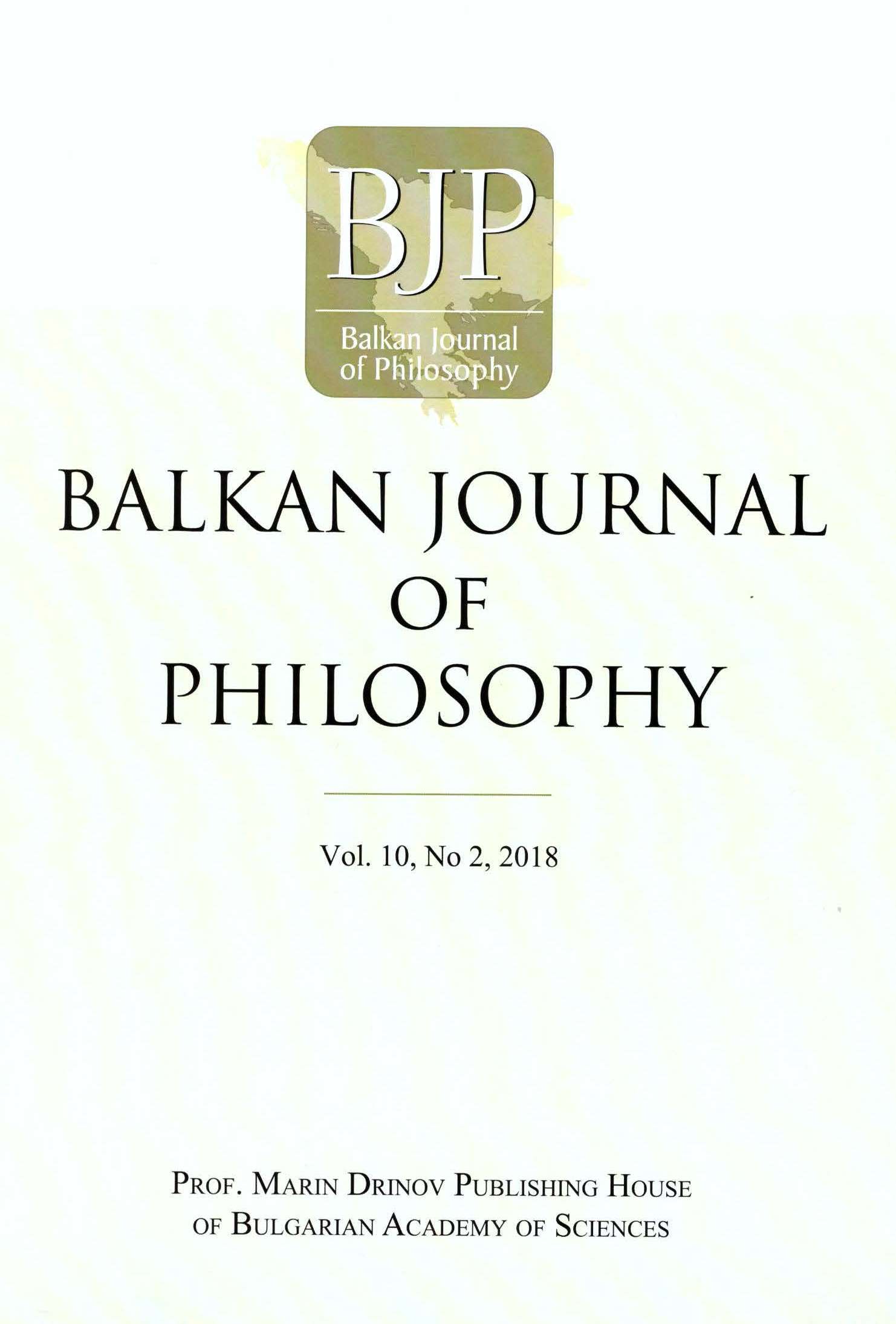Setting Whitehead’s “Usable Ideas” in a Philosophical Framework for Human and Machine Learning
Setting Whitehead’s “Usable Ideas” in a Philosophical Framework for Human and Machine Learning
Author(s): Marina BakalovaSubject(s): Philosophy, Ethics / Practical Philosophy, Social Philosophy, Special Branches of Philosophy, Philosophy of Science
Published by: Институт по философия и социология при БАН
Keywords: Whitehead; inert ideas; cognitive theory of education; functions; structures; machine learning
Summary/Abstract: Whitehead believed that education must give us ideas that are usable in our actual lives. This line of thought is naturally provoked by the significant abundance of inert ideas that people pile up though education. The main reason for that, I claim, is the wrong focus of traditional education. It aims at producing individuals that would deliver high results on exams and tests. I take Whitehead’s claim the education must put emphasis on usable ideas as my starting point. I give a specific interpretation of useable ideas as abilities or functions. This provides a ground for connecting Whiteheadian thought to an already existing educational platform, offered by Nel Noddings1. Noddings develops a cognitive theory of education which places cognitive structures (I assume a robust analogy between structures, functions, and abilities) in the center of educational concern. At the end of the paper, I estimate some consequences from adopting the terminology of functions for connecting between human and machine learning.
Journal: Balkan Journal of Philosophy
- Issue Year: X/2018
- Issue No: 2
- Page Range: 89-94
- Page Count: 6
- Language: English

